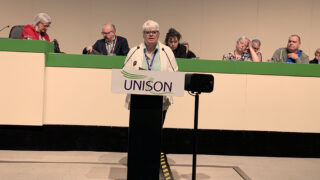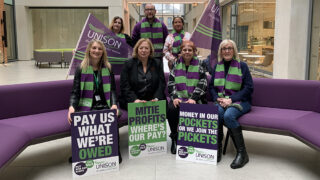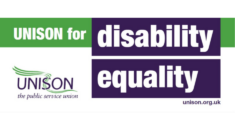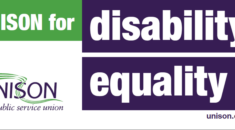UNISON general secretary Christina McAnea has written a strongly worded letter to the Equality and Human Rights Commission (EHRC) accusing it of misrepresenting the Equality Act 2010 when it comes to workers with long COVID and their rights as disabled people.
Almost 5% of the UK workforce are struggling with long COVID. UNISON’s legal advice is clear that the Equality Act 2010 means that anyone with a long-term physical or mental impairment, which has a substantial impact on their day-to-day activities, is likely to be a disabled person.
On 9 May, the EHRC tweeted that workers with long COVID were unlikely to be disabled. In response, Ms McAnea has demanded that the tweet be deleted.
“This is a clear misrepresentation of how long COVID should be considered under the Equality Act 2010. Many of our members with long COVID meet the definition and were shocked to see such a fundamental misunderstanding of the law from Britain’s national equality body.”
Although the EHRC published a clarifying statement on 11 May, the original tweet is still in place and has not been removed.
UNISON national officer for disability equality Deirdre Costigan said: “Our members living with long COVID shouldn’t have to put up with confusing and downright wrong advice from Britain’s top equality body.
“Our reps have enough to deal with trying to persuade sometimes reluctant employers that workers who have had long COVID for over 12 months are entitled to be treated as disabled people if their symptoms are having a substantial impact on their everyday lives.
“These members have the right to reasonable adjustments such as flexible hours and changes to sickness absence triggers and the EHRC needs to make this abundantly clear.”
In the letter, Ms McAnea explains: “Many good employers who want to do the right thing may continue to wrongly understand their legal obligations as a result of seeing the uncorrected tweet.
“The worst employers might use the tweet to avoid their obligations towards disabled staff, such as the duty to provide reasonable adjustments.”









